
BOBO一族
¥2.90
有一类人,他们洒脱、积极进取、享受生活、酷爱自由、富有个性,他们就是BOBO一族。细细体会,你会发现他们就在身边,也许是他、是我,甚至就是你自己。80年代,我们看到捍卫秩序、积极进取、追求精致生活的雅皮,这就是布尔乔亚传统的反扑。如今,两大阵营的人开始讲和,寻求折中之道,于是,一个新的族群BOBO在全世界范围兴起。

科学中不实的作风
¥2.90
我们生当两个世界的交替之际,因而对于有思想的人们说来生活就格外的艰辛和困难。一些陈旧的信念、一切过时的世界观都已摇摇欲坠,而人们在心目中却把这些东西奉为至宝。新的信念包罗万象而又宏伟,但犹未开花结果;嫩叶和蓓蕾预兆着壮实的花朵,然而这些花朵却含苞未放,因而人们在心目中把这些东西视如路人。许许多多的人仍然既没有过时的信念,也没有现时的信念。另一些人则机械地把两者混为一谈,而沉沦于伤感的黄昏思想之中。在这种情况下,一些轻浮的人就终朝沉溺于虚荣浮华;一些思考的人则颇感烦恼:因为他们无论如何要寻求和解,因为内心纷扰不安,精神生活没有坚实的基础,人就无法生活。然而思维领域里的全盘和解是要由科学出面媾和的。至于渴望和解的人则可以分为两种,一种人不相信科学,不肯去研究科学,不肯去探讨它为什么这样说,不想走科学的艰辛的道路,他们说:“我们痛苦的心灵所需要的是慰借,而科学却对苦苦哀求面包的人报以石块,对破碎的心灵的哀号和呻吟,对祈求同情的涕泣,则报以冷冰冰的理智和一般的公式:以它那高不可攀的逻辑,无论对实际的人们,无论对神秘主义者,它都同样无法予以满足。它故意把话说得玄妙难懂,以便于把它的枯燥乏味的根本思想隐藏在烦琐哲学的森林之中——ellen’apasd’entrailles。”另一种人则恰恰相反,他们找到了表面上的和解,而用某种不合法的办法对一切进行解答,他们懂得科学字面上的意思,但对科学的活的精神则不肯深入钻研。他们竟至于肤浅到这般地步,认为一切都易如反掌,认为任何问题他们都能够解决;你一听他们的讲话,就仿佛科学再也没有什么可干的了。他们有一部自己的《古兰经》,他们对它坚信不渝,并把它当做后的论据来引证。这些科学中的伊斯兰教徒对于科学的进步是*有害的。亨利四世说过:“但愿上天保佑我不受友人的伤害,至于敌人则让我自己去对付”;这些被人误认为是科学本身的科学之友,使科学敌人的憎恨成为合法的,——科学则仍然是少数杰出人物的事业。
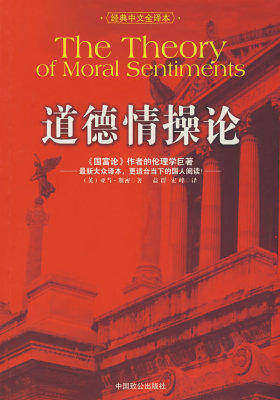
道德情操论(上)
¥2.00
身处千急剧变革的市场经济大潮中,每一个普通人都面临着贫富差距拉大、企业改革、股市非理性繁荣等各种各样的问题,人们身处其中又常常感到被自私、虚荣、妒嫉、仇恨、贪婪和背信弃义等不道德的情感所包围,因而更加向往感恩、大度、慷慨、正直、勤俭、自我克制等人性的美德。。而这些不道德和道德。以及衍生出以上种种人类情感的“同情感”正是200多年前现代经济学之父——亚当?斯密在撰写《国富论》之前,甚至在写完《国富论》之后一直不厌其烦反复思考的焦点。 他耗费毕生的心血把这些思考写成了这本十分罕见的,也可以说是至今惟一的一本全面、系统分析人类情感的作品,他想告诉读者——人在追求物质利益的同时。要受道德感念的约束。不要去伤害别人,而是要帮助别人。这种“利他”的道德情操永远地种植在人的心灵里。而且。每个人对这种人类朴素情感的保有和维持对整个市场经济的和谐地运行,甚至民族的强盛将是至关重要。 《道德情操论》共分七部分,修订过六次。在书中,斯密用同情的基本原理来阐释正义、仁慈、克己等一切道德情操产生的根源,说明道德评价的性质、原则以及各种美德的特征,并对各种道德哲学学说进行了介绍和评价,进而揭示出人类社会赖以维系、和谐发展的基础,以及人的行为应遵循的一般道德准则。 相比《国富论》,《道德情操论》给西方世界带来的影响更为深远,对促进人类福利这一更大的社会目的起到了更为基本的作用;而它对处于转型期的我国市场经济的良性运行,对处于这场变革中的每个人更深层次地了解人性和人的情感,终促进社会的和谐发展,无疑具有十分重要的意义。

论宗教和其他主题的思想
¥2.90
本书作者帕斯卡尔(Blaise Pascal,1623—1662)是十七世纪卓越的数理科学家之一,他对于近代初期的理论科学和实验科学两方面都做出了巨大的历史贡献。他的以《真空论》为代表的一系列科学著作,基本上是唯物主义的并充满战斗风格,三个多世纪以来已成为科学史上和思想史上的光辉典籍。

茶话古今
¥2.90
中国历史太长,讲历史多离不开秦皇汉武唐宗宋祖的皇皇盛世,几乎一样长久的变乱年代则常被轻描淡写。但是,可以这样说,每一个大一统时代的光明,都在前一个变乱年代里孕育。新一段历史的起草往往不在盛世之初,而在乱世之末。刀枪剑战和巧言虚辞交加的春秋战国时代、多族碰撞与殷殷礼佛的两晋南北朝时代、更国换帝如走马灯的五代十国时代、脆弱的统一孱弱的军事与超级发达的文化并存的宋辽金蒙时代,都各有各的气质。乱象纷呈,变乱使一切俱废重组,乱世有一切重新开始的期待。乱世可展示彻底的人性,乱世中有多传奇的人与事,乱世更有故事。


包与容的人生必修课
¥8.98
本书从如何保持良好的心态出发,以包与容两个心理素质为立脚论述,讲述成功与幸福人生的经营秘诀,内容涉及为人处世、化解人生苦难、拓宽人脉等方面,为追求幸福与成功以及正为现实生活所苦恼的朋友们燃一盏生活的明灯。

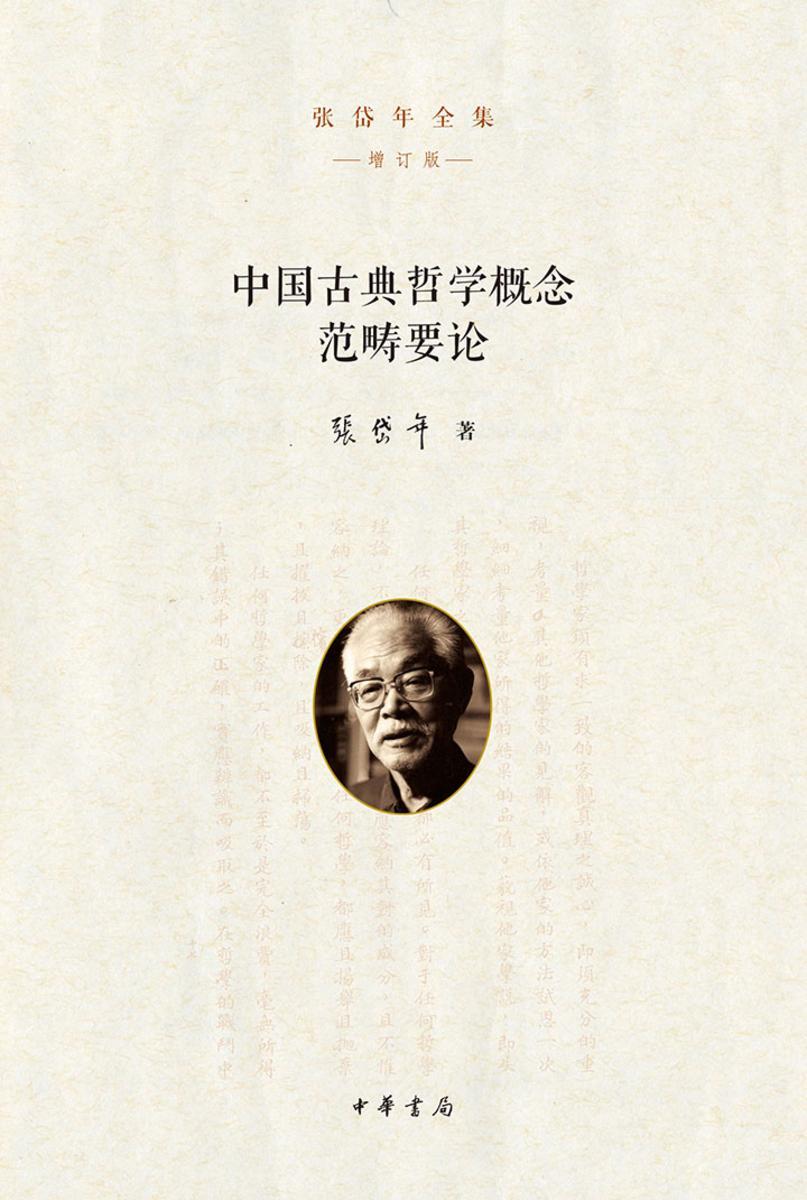
中国古典哲学概念范畴要论 中华书局出品
¥27.78
《中国古典哲学概念范畴要论》是张岱年先生几十年来研思探索中国古典哲学概念范畴体系之总结性著作。所谓概念、范畴,即先秦思想家所说的“名”;中国古典哲学概念范畴,如“天”、“道”、“气”、“理”、“太极”、“知行”等。书中选取了在中国古典哲学中起主导作用,且意义较为深奥难解、历代歧义较多的 60组概念范畴,分为自然哲学、人生哲学、知识论三大类,以条目形式呈现。每则皆引证原始文献,详述历代各家对其理解发挥,循名责实,尤其着重于概念范畴内涵的演变历程以及各家学说之精微差异。是一部体例独特、便于查阅的中国哲学基本理论著作。 本书撰写于1981至1987年间,1989年由中国社会科学出版社首次出版。此次出版,以河北人民出版社1996年版《全集》所收为工作本,据1989年初版校勘,订正标及误字,重新核对全书引文,统一体例,并编写概念范畴、人名、书篇名索引。

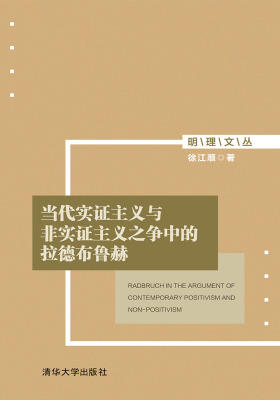
当代实证主义与非实证主义之争中的拉德布鲁赫
¥45.95
本书以拉德布鲁赫的三元方法论作为统摄全书的分析框架,阐述了拉德布鲁赫的新康德主义背景,将传统自然法和传统实证主义的理论主张跟拉德布鲁赫的涉及价值的事实的法概念行鲜明对比,揭示出他的这一立场在“二战”后事实上成为了当代实证主义和非实证主义关于法律与道德的关系的争论的研究路,以此向读者呈现独到的“二战”后的西方法律思想史上的拉德布鲁赫的学术地位和价值。

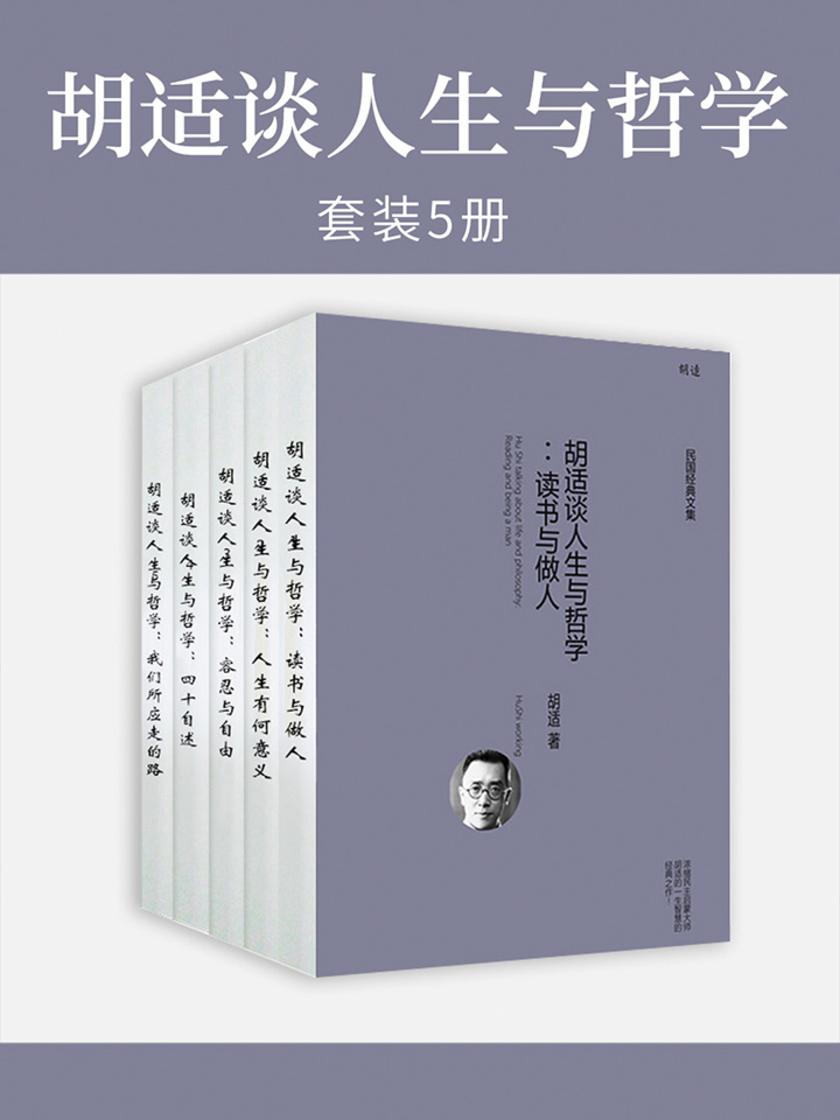
胡适谈人生与哲学套装5册
¥42.72
本套装包含《人生有何意义》《四十自述》《我们所应走的路》《读书与做人》《容忍与自由》 《读书与做人》选编的篇目既能够很好地体现胡适思想,又照顾到了大范围受众的阅读习惯,对及趣味性和知识性的增加,具有很大的作用。本书精心编选了胡适在当时即引起很大反响的散文随笔之精要,彰显其治学、为人、处世的大师风范,以还原一个真实的胡适。 《人生有何意义》是胡适精选文集,汇集了胡适先生浩如烟海的著作中富有闪光点、与人生有何意义主题相关的文章,集结成册,胡适深受赫胥黎与约翰·杜威的影响,自称赫胥黎教他怎么怀疑,杜威先生教他怎样思想。他学识渊博,学贯中西,对中国整个社会的发展产生了重要影响,那么他是怎么看待人生的呢,阅读本书,您能窥见胡适先生思想宝库中闪烁的数不清的珍宝。 《容忍与自由》收录了胡适各个时期的主要著述,涵盖了思想与教育、自由与民主、文明与社会等各个方面的内容。他用浅显风趣的白话文,将自己对文明、国家、人生、哲学等的见解娓娓道来,不仅开启了当时的民智,也启发着当下的我们。 《四十自述》是胡适唯 一亲笔撰写的自传。他用质朴的语言讲述了自己童年、少年与青年时期的经历,回忆了自己的成长历程,并展现了其所处时代的社会风貌。本书是了解胡适思想形成过程的之作。 《我们所应走的路》是胡适的一本散文集。胡适先生是新文化运动的领袖人物,在批判旧的思想,开创新文化方面有很大的贡献,特别是倡导文学改良、整理国故、民主与人自由、科学与实验精神、新学术新思想等方面有很多创获,至今仍然值得我们学习与思考。本书对现在的我们有极大的教育意义。

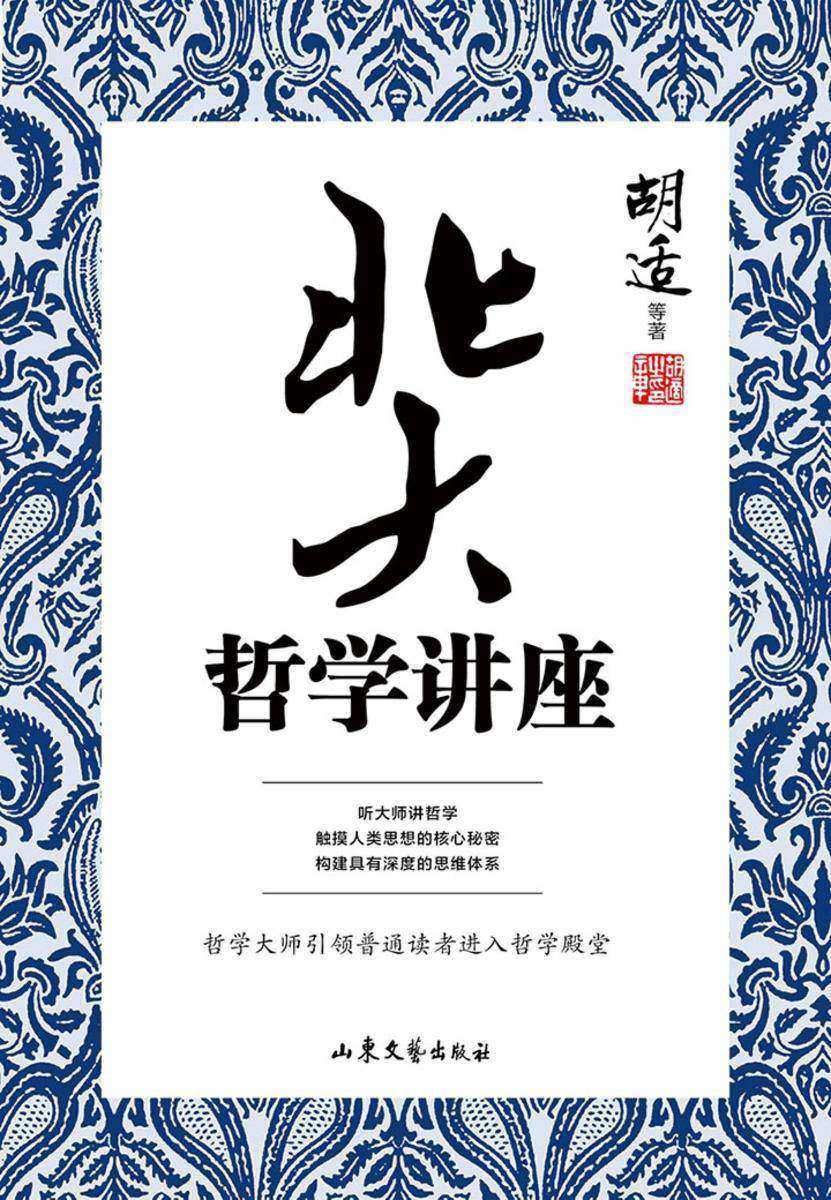
北大哲学讲座
¥11.99
哲学之学习,向称烦难,其内容之艰深、概念之难解、体系之庞杂,往往令初学者望而生畏,畏而却步。哲学之学习,又切切关乎我们每个个体的生活。古希腊哲人言:“未加审视的生活不值得过。”此之“审视”,便是哲学的思考、哲学的学习。 《北大哲学讲座》一书,精心选编了北大哲人的演讲稿,内容有的关乎人生的价值,有的关乎古今中外的哲学大家,有的关乎哲学思想之发展演进。一卷在手,便能对古今中外的哲学有大概的了解,又能对个别重要的哲学思想有深入之把握。 《北大哲学讲座》选编材料大都来自作者演讲稿,用的语言是直白的,讲的方式是深入浅出的,因此能避开一般哲学书籍“难读”之弊;又,本书作者,多系哲学领域巨擘,内容之权威、独到,亦可确保无虞。

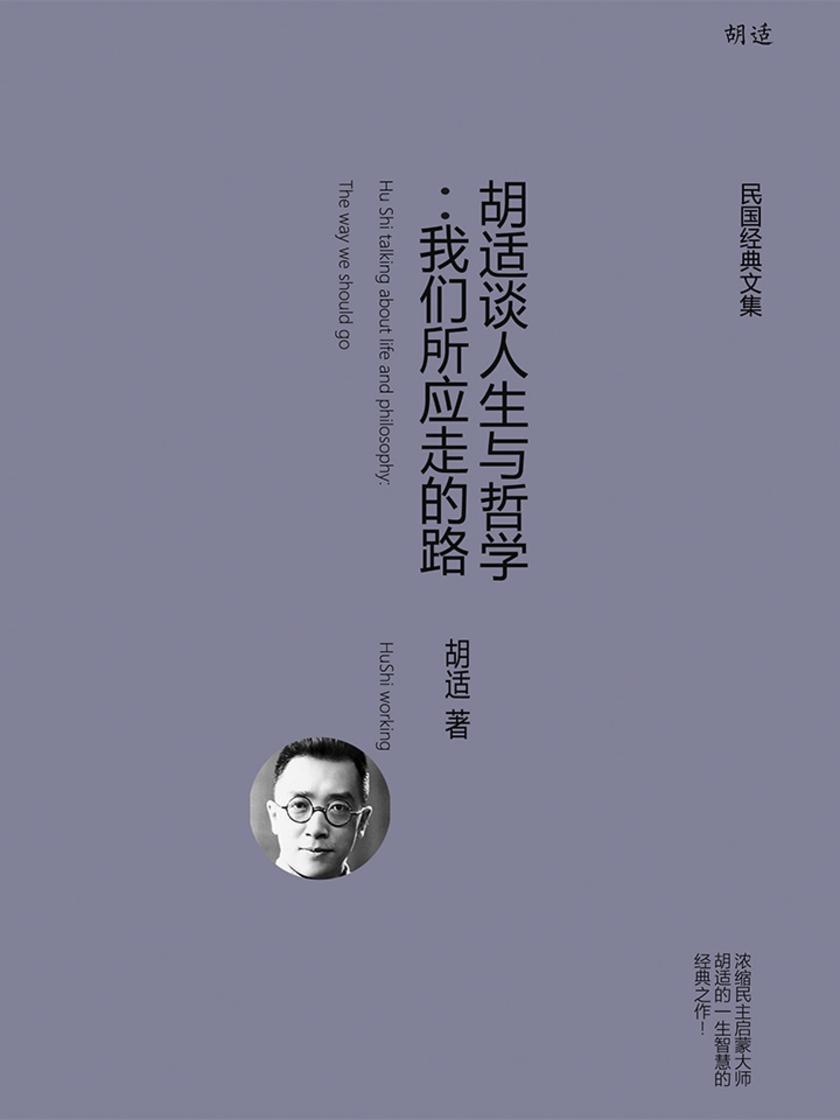
胡适谈人生与哲学:我们所应走的路
¥8.79
胡适先生是中国著名思想家、文学家、哲学家,是上世纪中国有影响力的学者之一。胡适先生毕生提倡民主、自由和理性思想,正是这样的思想帮助许多青年树立自主自由的人格,形成独立思考、尊重事实的思维方式,成为具有民主和科学素养的人。胡适先生一生著述宏富,尤其是在文学、哲学、史学、考据学、教育学、红学等方面,著有多部优秀作品。本套丛书按照学术分类重新编排,如哲学、文学、史学、英文著作、日记、书信等,共计44卷。每类中凡已刊作品,按发表时间编排,未发表或未查明确切时间作品酌予处置。 《我们所应走的路》精选梦想与理想、我们所应走的路、打破浪漫病、新生活、侦探问题等与当时时代密切相关的民生文章。重温一代大师胡适在乱世中的救国思想,“一是,为己而后可以为人。二,求学而后可以救国”。


图解人生三好:好心态好性格好习惯
¥8.98
为什么有的人功成名就,而有的人却一生平淡无 奇?一个人的家世背景、智商高低、努力与否和运气 好坏,无法解释所有的人生成败。要想得到准确的答 案,还得寻找深层次的原因。其实,人与人之间原本 没多大区别,只是由于各自心态、性格、习惯的不同 而造成不同的结局。 心态决定了一个人的视野、事业和成就。好心态 ,可以让你勇敢地面对困难,冷静稳妥地处理各种问 题。性格是人们在社会交往中所表现出来的个性。好 性格,可以让你有好的人际关系,在生活和工作中游 刃有余。而习惯是在生活、工作中渐渐养成的一种定 律,是生活的积累。好习惯可以影响人的一生,使人 事业有成。 宿春礼编*的《图解人生三好(好心态好性格好 习惯全彩图解典藏版)》向人们诠释了心态、性格、 习惯在我们人生中举足轻重的作用,并告诉你如何改 变消*的心态,拥有积*的心态;如何锻造良好的性 格,用性格改变人生;如何培养良好的习惯,拓成 功事业。希望阅读本书后,你会改变自己的命运, 拓出生活和事业的新局面,获得美满人生。

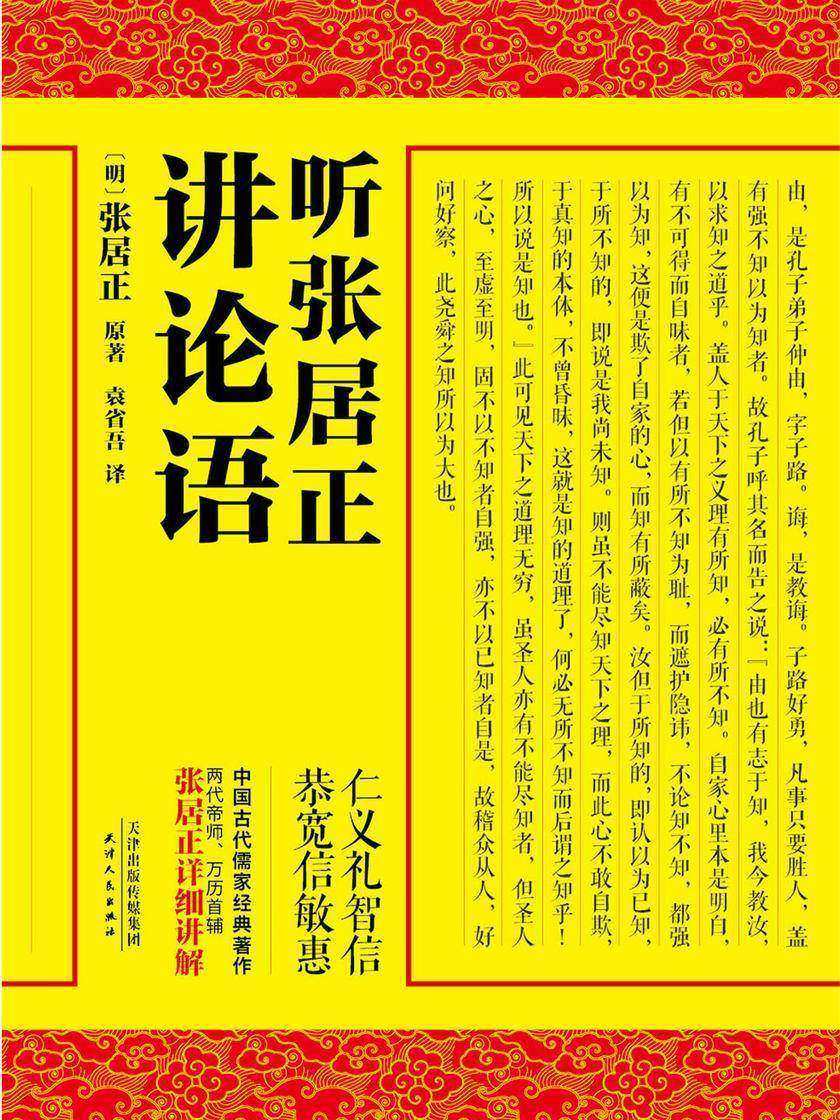
听张居正讲论语
¥10.99
本书是张居正对《论语》的讲评和解析,每一段《论语》原文的后面,都附上了张居正的详细评,可谓字字珠玑,饱含深刻的哲理。张居正曾先后担任明穆宗隆庆皇帝的侍讲侍读,明神宗万历皇帝的知经筵官,可谓两代帝师。他对《论语》的讲解集历代名家大儒思想之大成,同时又有自己的独特见解。能够帮助读者更加清楚明白地了解论语,了解儒家思想。


马克思主义新闻理论与实践研究
¥36.00
《马克思主义新闻理论与实践研究》收录了作者郑保卫自2010年3月至2015年2月发表在《国际新闻界》、《新闻记者》、《现代传播》、《青年记者》等学术期刊上的重要论文。本书的主要部分是探讨马克思主义新闻观和中国共产党的新闻思想与实践,另收录有关新闻学传播学学科建设与学术规范、新闻学传播学基础理论、传媒改革与发展、新闻伦理与法治、气候传播、民族新闻传播等方面的文字,大都是运用马克思主义新闻观来对当前一些新闻传播理论与实践问题做出思考与回应。


阳明学派
¥8.63
《我们内心的冲突》指出,由于社会文化所塑造的人总是与我们想成为的人背道而驰——我们做了很多不是出于本心的选择和决策,于是产生了这些主宰我们人生的基本冲突。为了解决这些冲突,我们不但虚构了“理想化意象”自欺欺人,通过“外化”把责任推给他人,还基于不同的性格倾向发展出一系列各不相同的防御策略。但这些策略更像是精致的代偿与逃避,不但没有消除冲突,反而使我们深感恐惧、焦虑和绝望,以致在神经症的道路上越陷越深。本书的内容主要来自对病人和自身的心理分析的经验总结,对致力于提高精神分析理论和治疗方法的精神分析工作者很有帮助。


列子
¥27.10
中信国学大典(50册)是中信出版社引自香港中华书局的一套深具国际视野、贴近当代社会的中华传统文化经典藏书。中信国学大典延聘国学泰斗饶宗颐为名誉主编,邀请海内外知名国学家担任经典的选编、导读及译注。内容则力求通俗易懂,结合现实生活,挖掘古代经典的当代意义,拉近经典与现实生活的距离。 中信国学大典既收录了《论语》、《老子》、《孙子兵法》、《孟子》、《庄子》等不可不读、不可不知的中华经典名著,也囊括了《周易》《史记》《三国志》《资治通鉴》《汉书》等耳熟能详的经典作品。 今本《列子》共有八篇,合共一百四十三章。据统计,其说理文字有三十五章,故事文字有一百零八章。《列子》精彩的地方在于记录了一百多个寓言故事,很多故事成为脍炙人口的经典。由于历史的积淀,《列子》一书得到后世的增益,令这本古籍的内容很近当代的通识书籍,书中对哲学、文学、神话、科学、医学、心理学等范畴的涉猎,让这本古籍的学术价值仍对今人有借鉴和启迪的作用。


视觉美学:眼球时代的美学圣经
¥28.55
本书在对视觉美学设计行了理论讲解和案例分析,尤其是工业设计的基本构图方法,在行归类的基础上,引用了许多著名的典型案例行补充解释对应的知识。大量的图片使枯燥的文字活跃起来,可以帮助读者对学习现代设计获得更深的感性认知。本书实例丰富,突出了比例运用方法的使用要领和技巧。全书实用性强,可借鉴意义很大,是工业设计师必不可少的参考书和工具书。

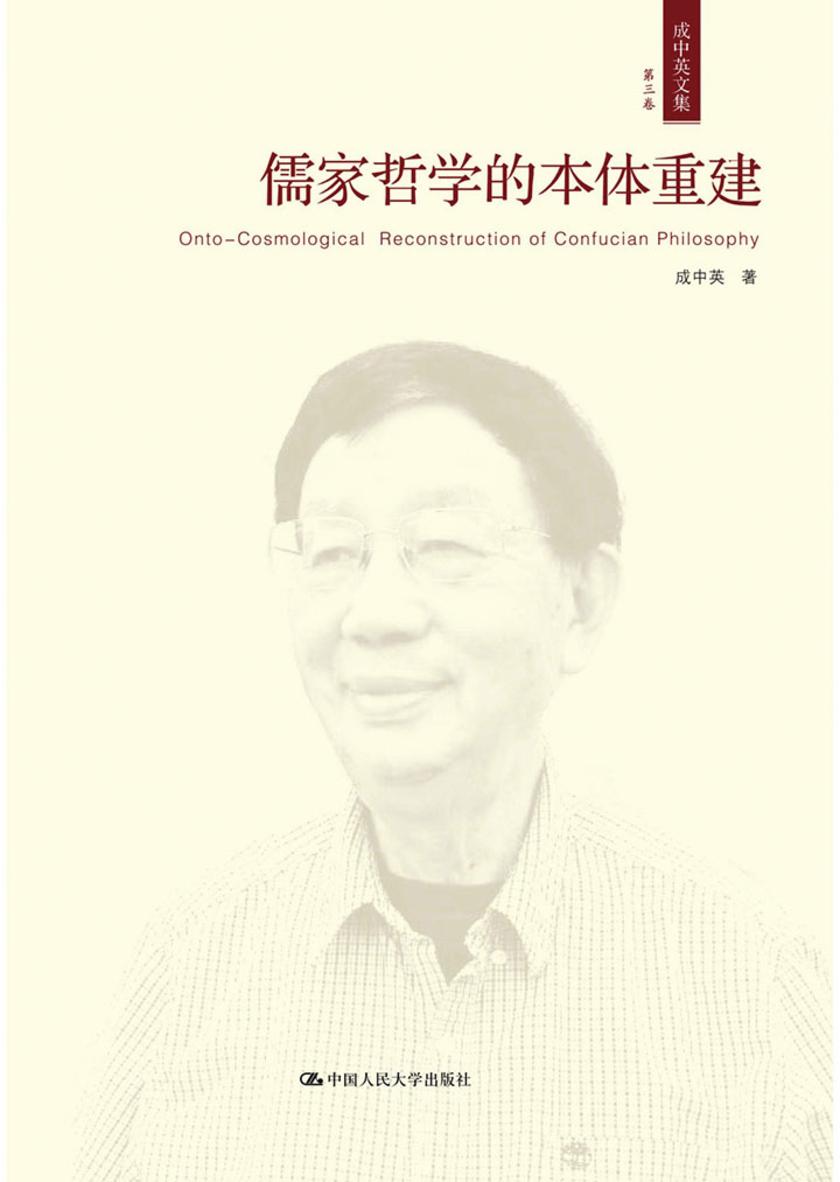
儒家哲学的本体重建(成中英文集·第三卷)
¥49.00
《儒家哲学的本体重建》一书基于对儒家哲学融会贯通的理解,系统地诠释了儒家哲学,并给予其理论性架构,旨在儒家哲学的本体重建。全书分为三大部分:*部分讨论了儒家系统的重建、重释以及与现代性的关系等问题。第二部分讨论了孔子、古典儒家与宋明理学的相关哲学课题。第三部分则讨论当代新儒家的一些重要观与发展方向,代表了成先生在儒家哲学方面的重要研究。


老庄心解 中华书局出品
¥45.14
《老庄心解(新编本)》是范曾先生负笈欧洲、闲居巴黎时与老庄行的心灵对话;范曾先生或文、或史、或哲、或艺行多学科的磨砺互证,对老庄本原的思想命题展了深度的阐释和解读。要言不烦,清新隽永;刹那神思,直抵灵府。


西方政治哲学史(套装共三卷)
¥200.40
西方政治哲学史(套装共三卷)包含西方政治哲学史(卷)、西方政治哲学史(第二卷)、西方政治哲学史(第三卷):掌握当代西方政治哲学的发展趋势,了解哲学家们对于全球化时代的政治哲学问题的立场、观点和方法,以之为中国政治哲学的重要理论资源和主要参照系。


构建高等教育教材建设体系,提高高等教育教学与人才培养质量——北京高校教材建设研究文集
¥82.80
本书收集了“十二五”期间北京市高等教育教材建设研究的论文近170篇,并附有北京市精品教材立项项目及精品教材、经典教材的公示文件及目录。




 购物车
购物车 个人中心
个人中心



